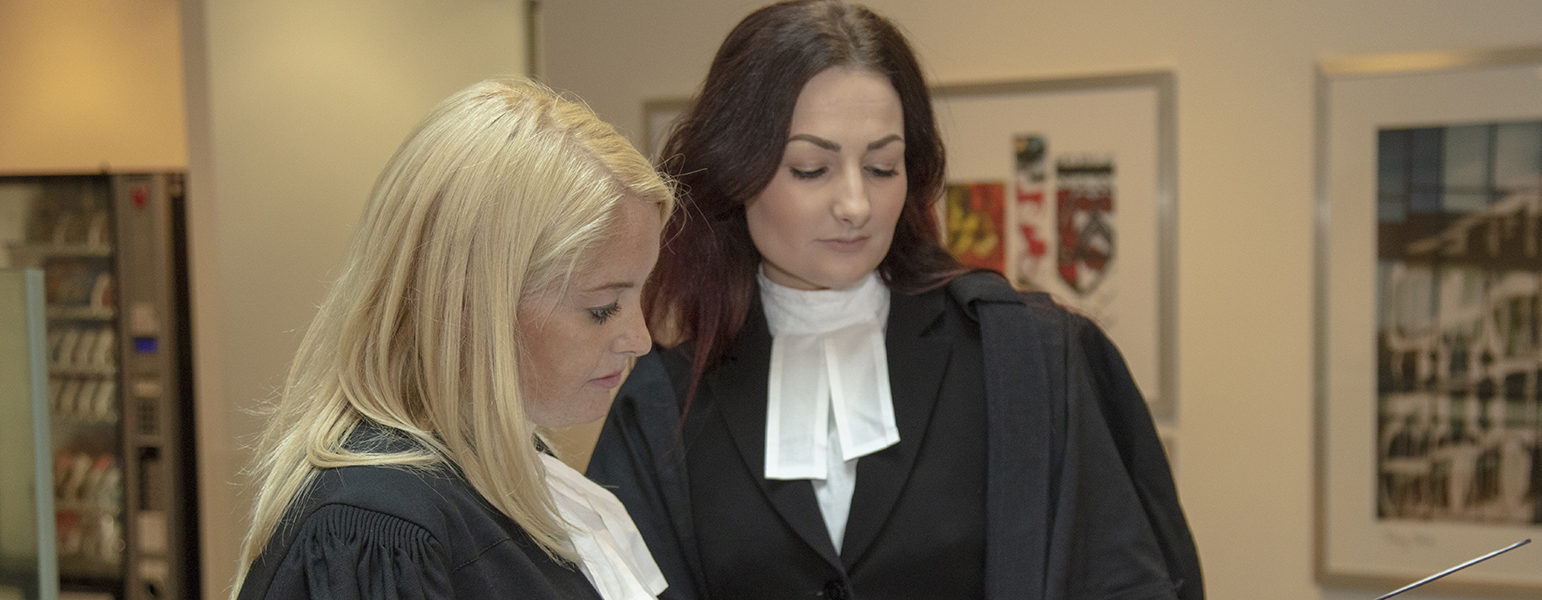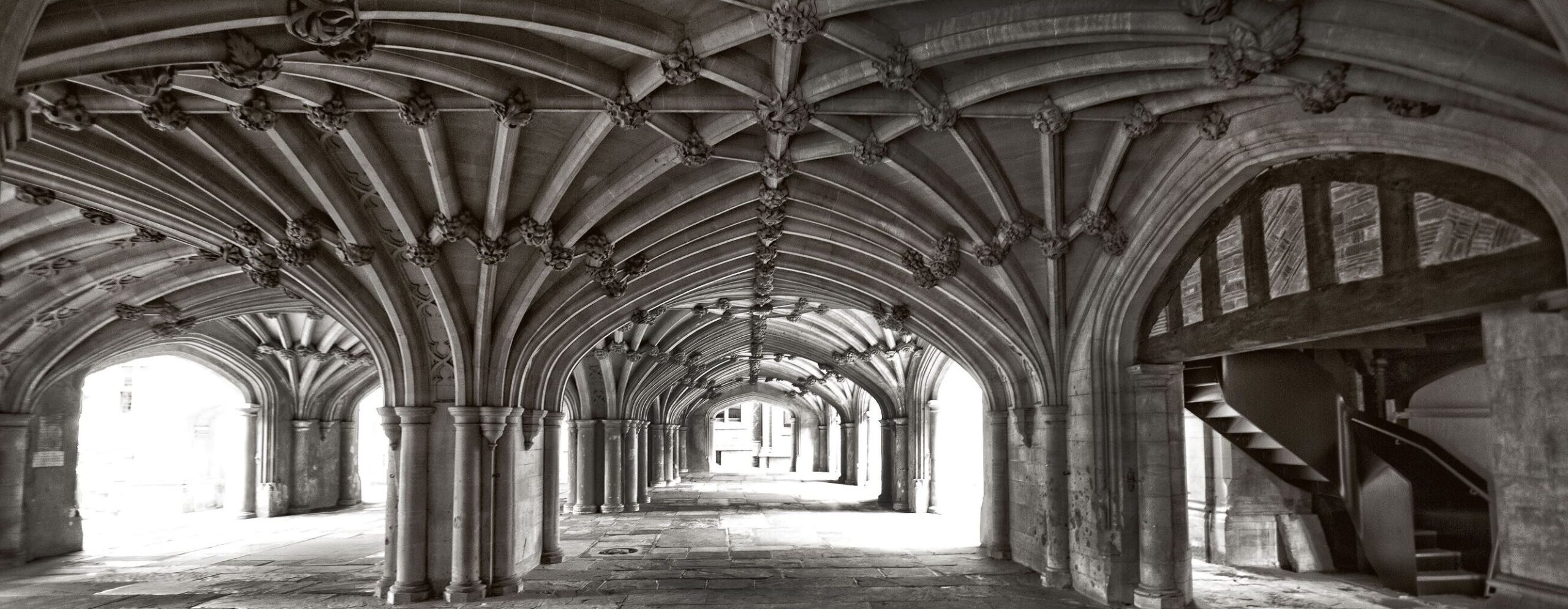Advocacy for Children in Conflict with the Law
Accessible guidance for practitioners who prosecute or defend children & young people in the criminal justice system.
Specific vulnerabilities
Children in conflict with the law are some of the most disadvantaged in society with acute and complex educational, social and financial vulnerabilities. An advocate’s lack of understanding of the issues affecting these children, such as immaturity and adolescent brain development, racial disparity and trauma can lead to poor outcomes for children.
The work of the ICCA
The ICCA believes that this field of work should be a specialism and supports the continual improvement of advocacy standards for those prosecuting and defending cases involving children and young people. It is clear that without expert representation, outcomes can be catastrophic and future life chances thwarted.
The ICCA has developed a national course tackling some of the most challenging areas of advocacy in this field. Supported by a strong Working Group of legal, medical, linguistic and communication experts, our new training material will provide blended learning over 2.5 days. Facilitators being trained in 2022 will go onto deliver the face-to-face elements of the course, firstly to pupils in July 2022 and the practising Bar thereafter.
The guides listed below have been updated and rebranded and form part of our new training materials which will be accessible via our virtual learning environment.
Please note that the ACCL guides are currently being updated.
- General Guidance for First Hearings in the Youth Court (revised February 2024)
- Bail & Remand for Children (revised November 2023)
- Anonymity and reporting restrictions
- Application for Certificate of Assigned Advocate (revised November 2023)
- Sentencing Children (revised November 2023)
- Child Trafficking and “County Lines” (revised February 2024)
- Sexting and Sexting Glossary
Our film on communication and engagement with children in the youth justice system is available below and also forms part of the new course.


